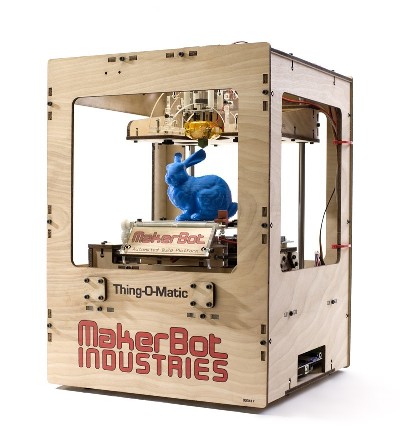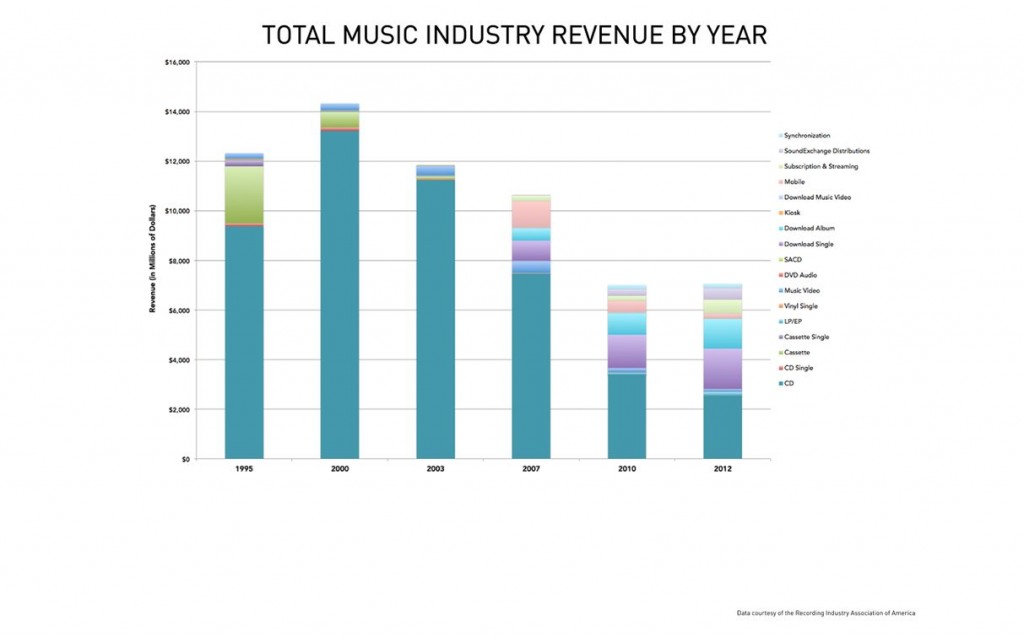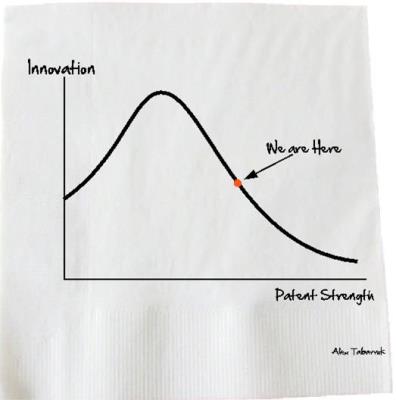In the last months there has been an increased attention and writing about piracy for 3D objects, following the continuous success and spread of 3D scanners and printers. A good summary of the 3D piracy issue is available in this Quartz post. A good summary of the development of 3D printing and the associated issues is available on the Economist here (although it dates back Sept’ 2012 it is still a good paper).

Authorities start to get worried (see this link on the US Copyright enforcer’s concerns). Because the issue is about sharing the files that describe the 3D objects freely, it would be possible to enforce the same type of measures than the ones currently enforced by the music and video industries regarding copyrighted material. However it will certainly prove more challenging to decide whether the file is really an infringement. It is probably more difficult to figure out what the object really looks like compared to a music or video stream!
Anyway, once again we observe that the Fourth Revolution is challenging traditional, established industries and institutions in a new way. There will be a struggle, there will be a debate, and finally we’ll see emerge a new balance between the needs to the creator and the industry that supports it. Let’s watch how other institutions will change!





 Large organizations need to be especially aware of the challenges they are likely to encounter in developing adaptative capabilities. Classical approaches to managing scale – delegation and specialization – can be highly efficient under stable conditions, but the hierarchical structures they produce are too rigid for the rapid learning and change required in turbulent environments.
Large organizations need to be especially aware of the challenges they are likely to encounter in developing adaptative capabilities. Classical approaches to managing scale – delegation and specialization – can be highly efficient under stable conditions, but the hierarchical structures they produce are too rigid for the rapid learning and change required in turbulent environments.




